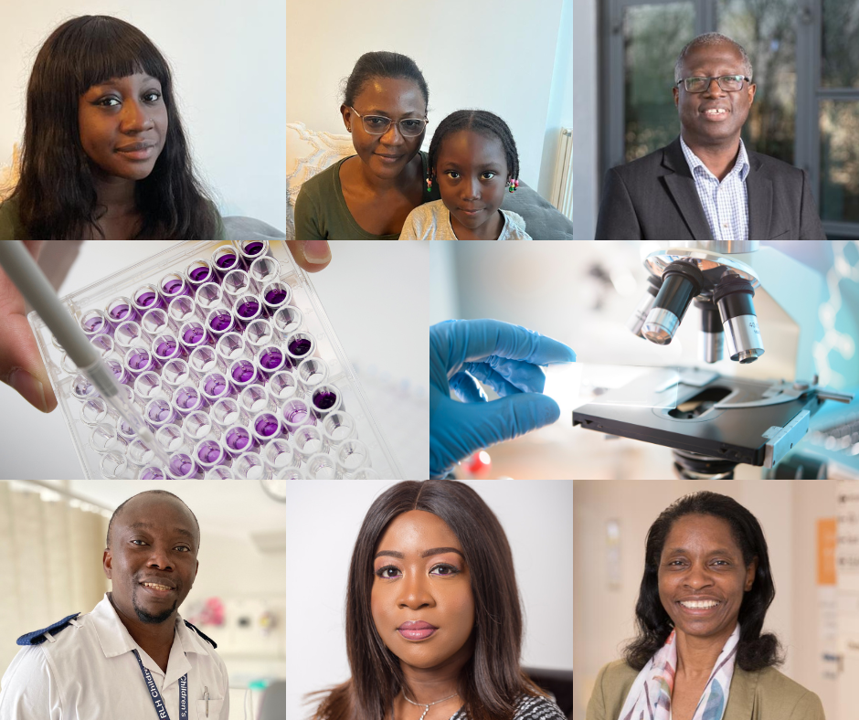Barts Health strives to improve diversity in research

Barts Health NHS Trust are working to increase participation of people from Black communities in their research, after data shows that only around 1 in 50 people involved in their Covid-19 vaccine clinical trials were of Black heritage.
While this figure is higher than the national average, given 1 in 5 of those the Trust serves are Black, Black Caribbean or Black African, much more needs to be done to ensure true representation in research.
These figures are available thanks to an effort from researchers to ensure ethnicity data in Covid-19 trials was recorded, something not historically done to the same degree in other trials by researchers in the NHS.
Dr Vanessa Apea, a Barts Health consultant in sexual Health and HIV and honorary lecturer at Queen Mary University, said: “Under representation of Black communities in research isn’t something new. But having this solid data thanks to rigorous record taking confirms our long-held speculation that the proportion of individuals from Black communities taking part our clinical trials is too low. And we need to fix it.”
The pandemic shone a new light on some of the reasons people from these communities are reluctant to take part in research. Varied and complex, they include mistrust, deep-rooted hesitancy, socio-economic barriers and lack of adequate engagement by the research community.
Unless action is taken to address them, the research community and wider public can’t be confident that the treatments, vaccines and tests being developed will benefit everyone. Ensuring adequate representation of people from Black communities is particularly important when studying diseases which disproportionately impact these communities – diseases like Covid-19 and hypertension.
Recognising their role in tackling these issues, Barts Health are now taking learnings from their work to engage local communities during the pandemic and applying them to research across the board.
Vanessa continues: “During the pandemic, we worked closely with local Black, Asian and minority ethnic communities. From explaining the need for their participation in clinical trials, to the work of our outreach vaccination programme, delivering jabs across north east London, we’ve made good inroads. We now need to build on this to engage them with our research and give it even more credibility.”
Barts Health are addressing the issue in various ways, including creating educational materials in multiple languages, continuing to work with local faith leaders and community partners to de-mystify research and employing bilingual research health advocates to support patients and researchers at research appointments, including during the consent process.
They’re also encouraging people to become public and patient involvement and engagement (PPIE) representatives, so they can have their say in how research is designed and carried out and are involved in the Health Data Research UK Health Data Science Black Internship Programme, which aims to support early career Black data scientists.
To find out more about research at Barts Health and how you can get involved, visit our website.
Check out the latest edition of our podcast ‘Treating You’, where, in a special episode to mark Black History Month, Dr Vanessa Apea and Roxy Murray, a patient advocate, discuss the importance of inclusion and representation in research. They discuss some of the reasons people from Black communities may be hesitant to take part in research, the barriers that stop people getting involved in it and sharing some of the work Barts Health is doing to support more people from Black communities to take part. Listen now.
Read more:
- New animation aims to drive clinical trial participation
- We are more diverse and more inclusive yet still have more to do
- Investigating Covid-19 in Black, Asian and minority ethnic communities
- Patients from Asian and black backgrounds are more likely to die from Covid-19, large study reveals
- Funding boost to help develop targeted healthcare for patients in east London
- Barts Health bringing vaccinations to the local community
